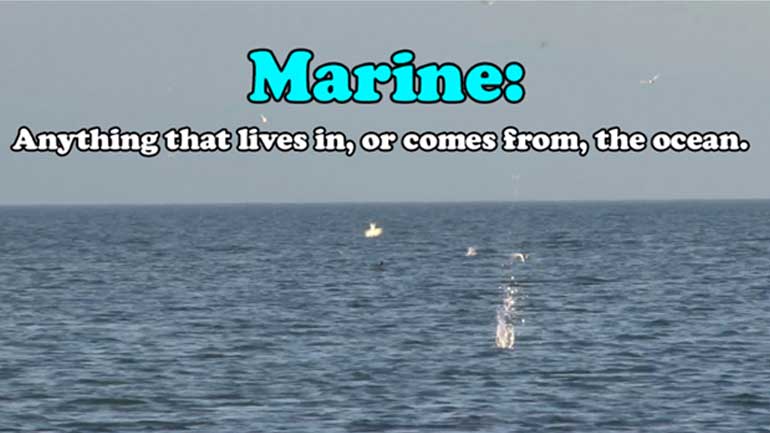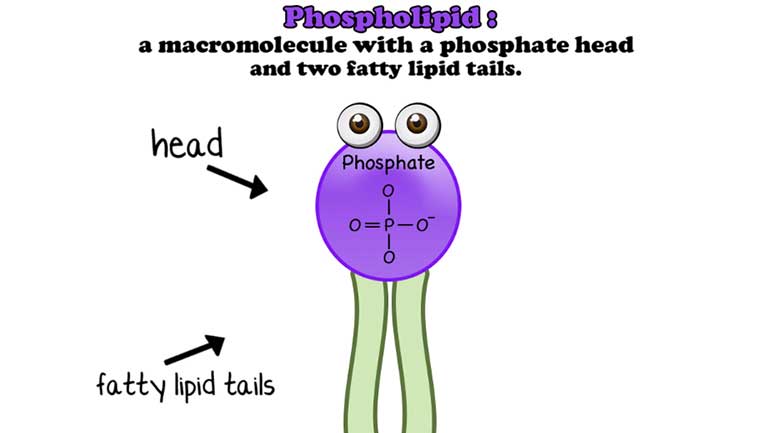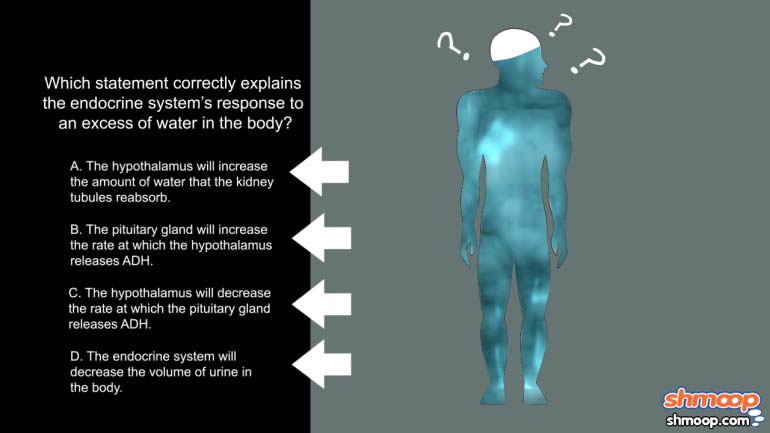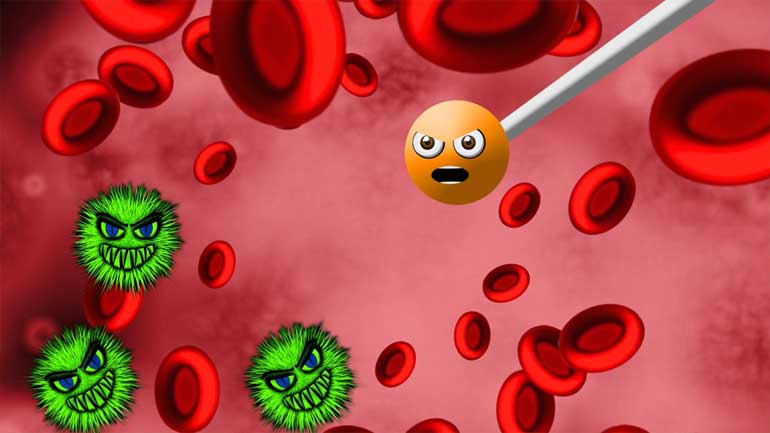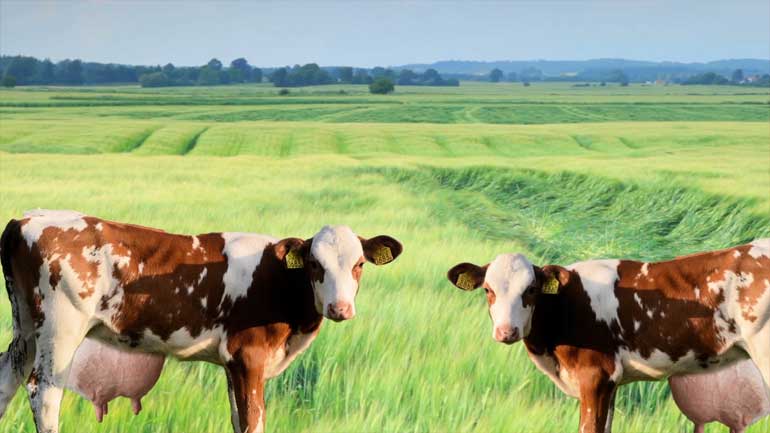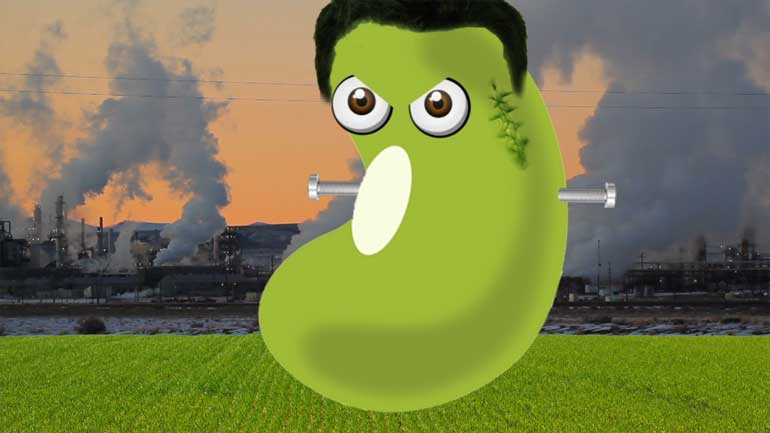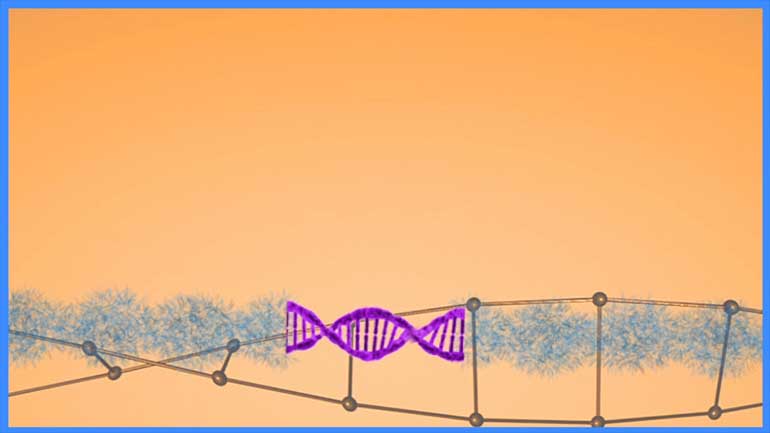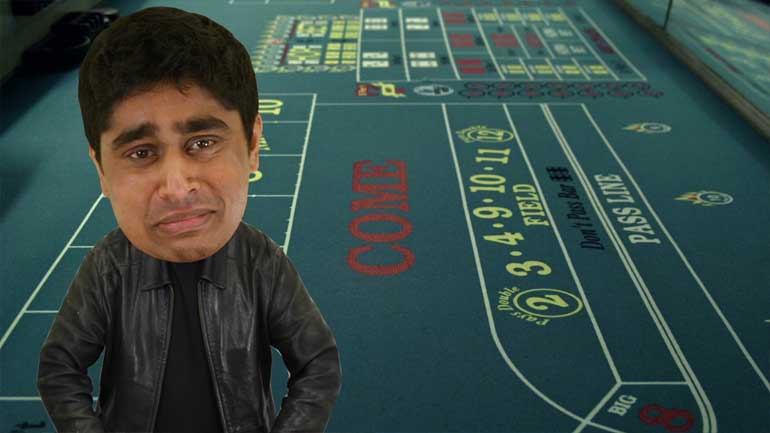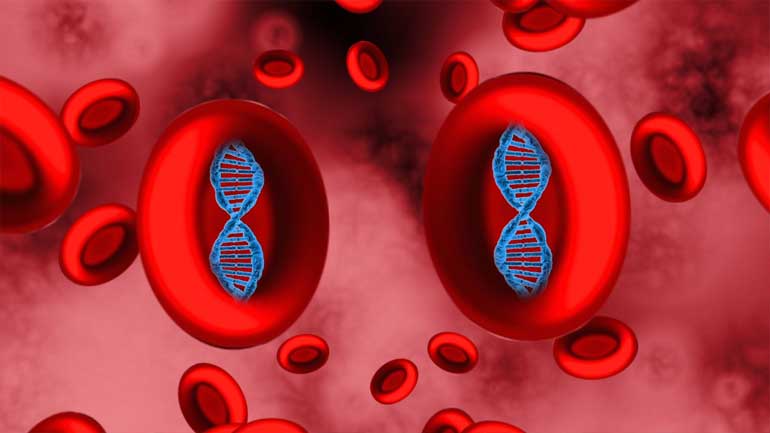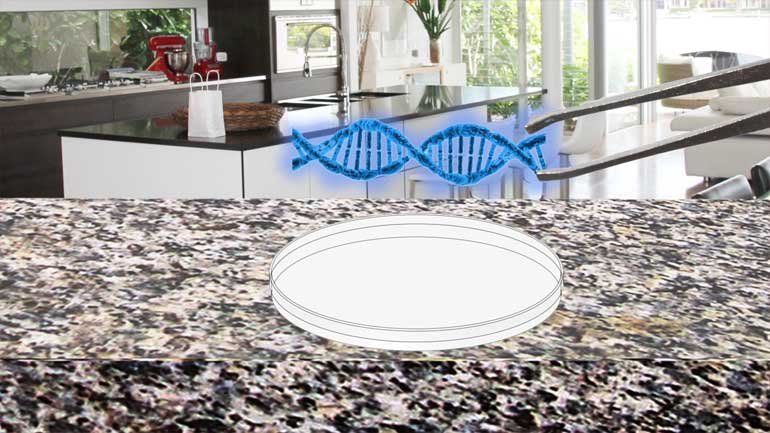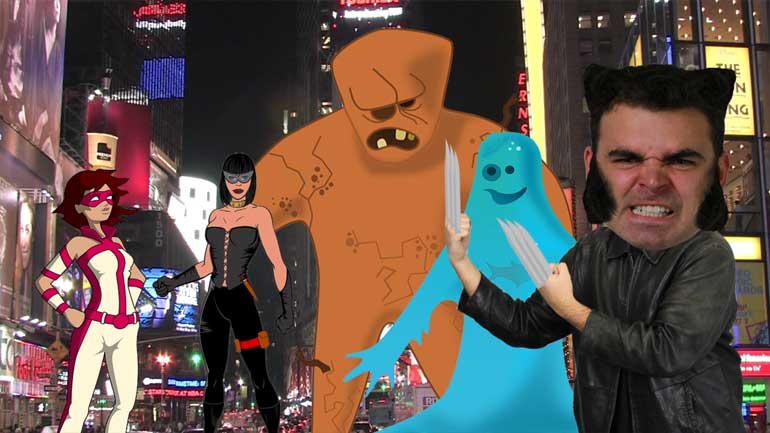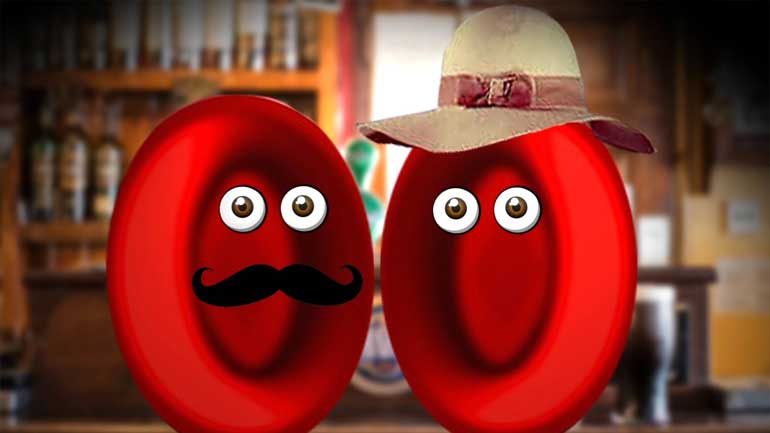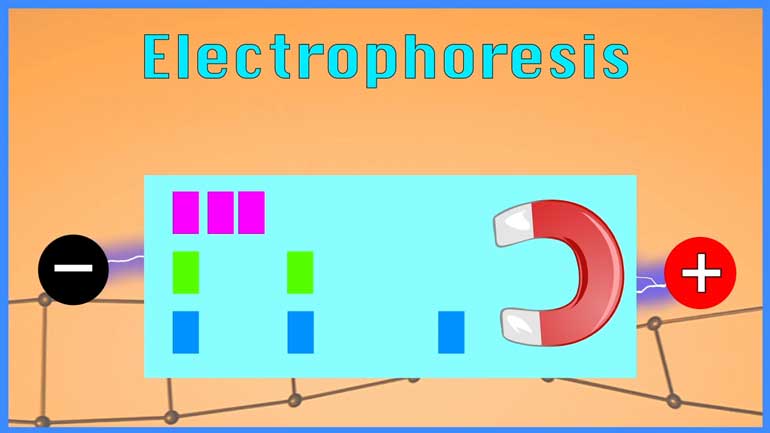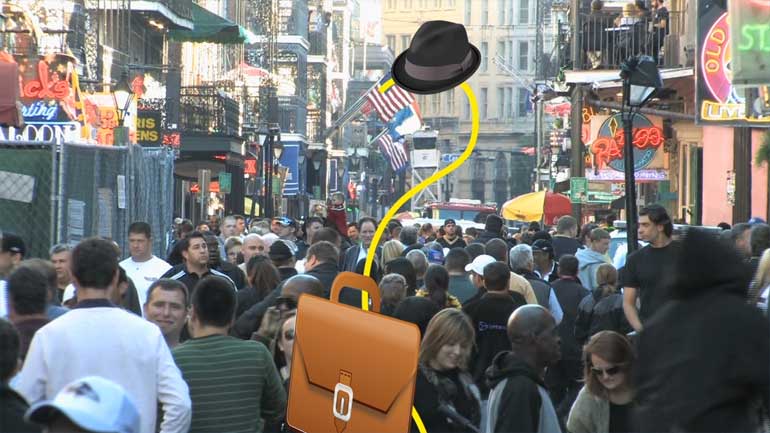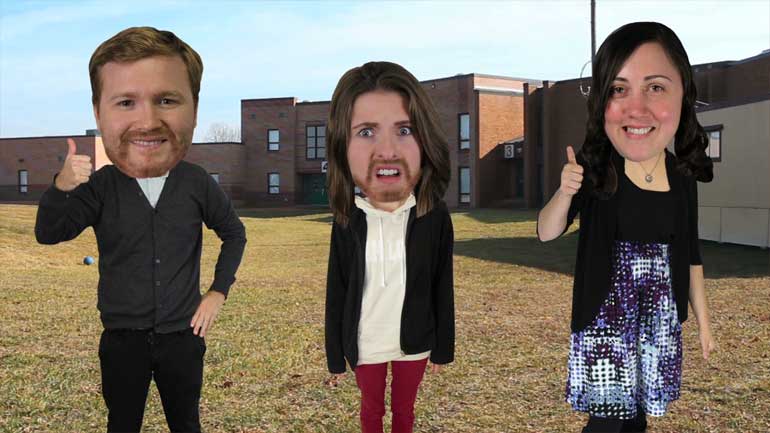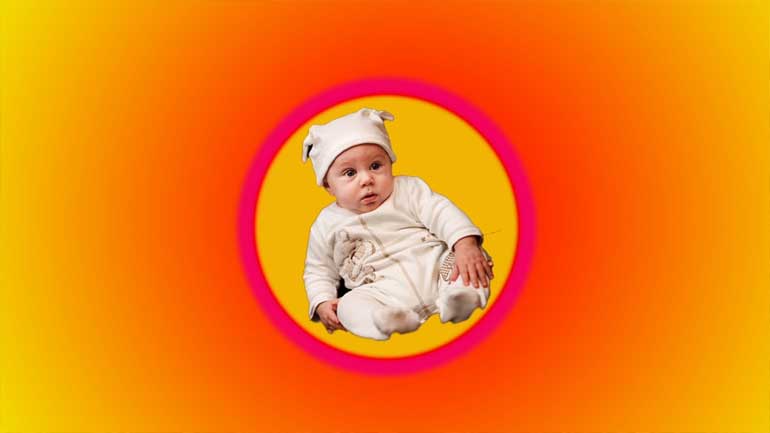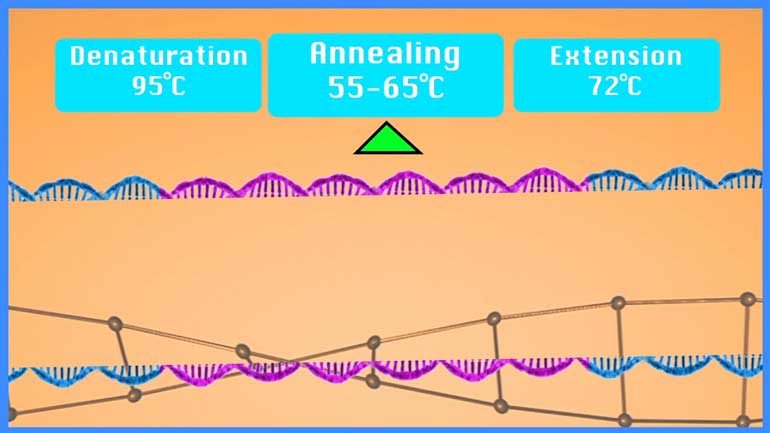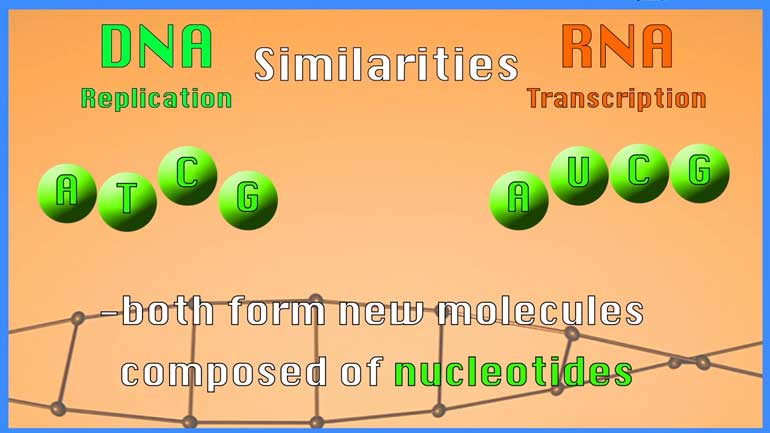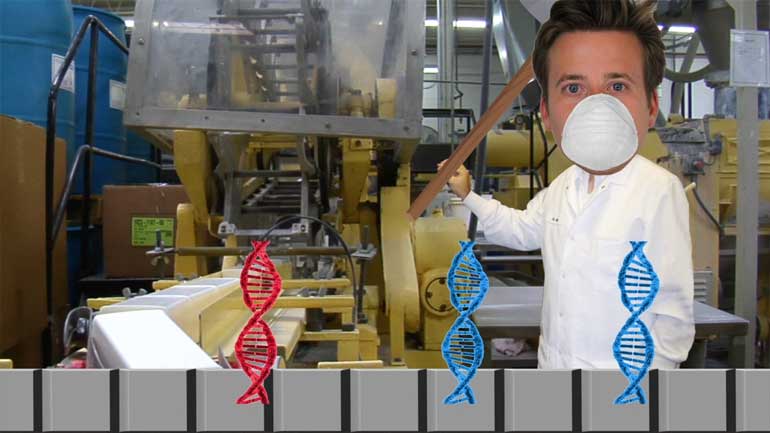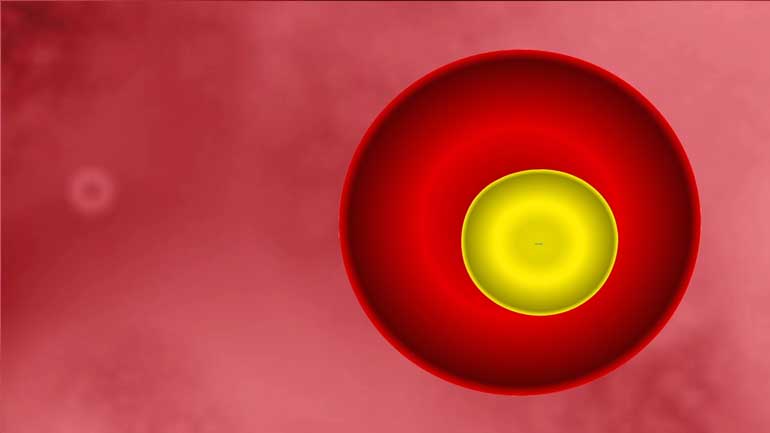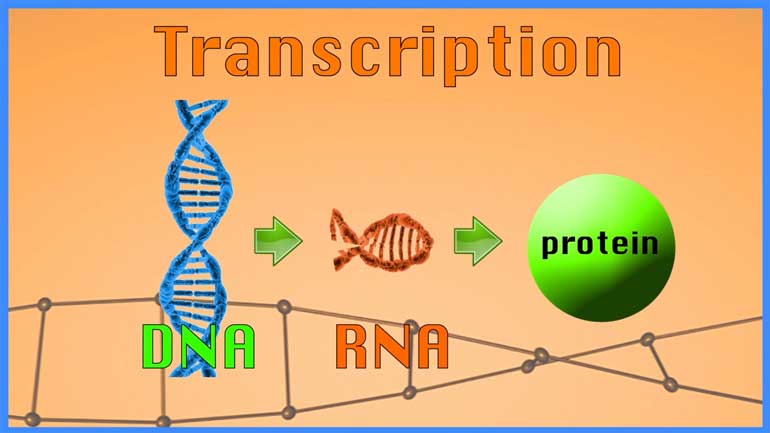ShmoopTube
Where Monty Python meets your 10th grade teacher.
Search Thousands of Shmoop Videos
Biology Videos 26 videos
In this video, we dive beneath the sea to review the kinds of interesting animals that live in the deep blue.
Anything that has a cell (bacteria, listen up!) has phospholipids that keep the cell contained and give it form and shape. Phospholipids protect us...
Molecular Genetics: Deadly Mutations 222 Views
Share It!
Description:
In this video from our course on molecular genetics, learn all about deadly mutations.
Transcript
- 00:00
Thank you We sneak in Molecular genetics Dangerous mutations shmoop
- 00:13
so a lot of mutations or bad hemophilia Tay sachs
- 00:17
cancer Ric you're an expert in how does that work
- 00:21
Meaning I remember reading about sickle cell anemia existed in
- 00:26
africa because it fought malaria very well And it let
Full Transcript
- 00:29
you live to about twenty five years old to just
- 00:32
reproduce And then it would kill you like and so
- 00:36
some of these things you understand genetically why they exist
- 00:39
because it let the person replicate But then they passed
- 00:42
on the bad gene Why do we have bad mutations
- 00:47
You know that's a great question Why do mutations even
- 00:49
persist if they're so detrimental in some cases there's Some
- 00:52
benefit that we might not know that for example sickle
- 00:54
cell people have one copy One bad copy The genius
- 00:57
resistant to malaria too Bad copies You're gonna get sickle
- 01:00
cell anemia In other cases musicians just happened for no
- 01:04
reason And they're bad It's Not like a weren't selected
- 01:07
for but you happen to get them through bad luck
- 01:09
And so you have a disease That was it How
- 01:12
do we get deadly mutations How does that work Is
- 01:15
it just kind of a crap shoot in the way
- 01:20
We were of all yes mutations can arise in a
- 01:22
couple of ways One is that there are some rice
- 01:25
which is then time net replicant today And it just
- 01:27
makes mistakes sometimes it's pretty good but sometimes their mistakes
- 01:29
that don't get fixed And why does it make a
- 01:31
mistake Like what would be the cause Or is it
- 01:33
just there's so many of them Eventually you're gonna have
- 01:36
someone transcribed the number wrong Yeah i think both of
- 01:38
those are right So sometimes yeah it has to replicate
- 01:41
you know billions of nucleotides every time a cell divides
- 01:44
Also there are certain places where it tends to slip
- 01:46
So let's say there's a bunch of teas in a
- 01:48
row it's possible the sunrise We'll lose track and not
- 01:50
realize what it where it is A kind of slipped
- 01:52
back and re duplicate that so there's certain hot spots
- 01:55
of mutations But then also they're totally random at times
- 01:59
But you could also get mutations externally So from the
- 02:01
sun we know that you be could damage your skin
- 02:04
computations tobacco smoke vacation so it can kind of be
- 02:08
internal or external And the how you cope with that
- 02:12
I mean certainly different people cope differently But certain mutations
- 02:15
are going to just one hundred percent cause certain diseases
- 02:19
So for example if you have a taste expedition you're
- 02:21
gonna get yeah Why do we have bad mutations How 00:02:30.42 --> [endTime] do we get deadly mutations
Related Videos
In this video, we dive beneath the sea to review the kinds of interesting animals that live in the deep blue.
Anything that has a cell (bacteria, listen up!) has phospholipids that keep the cell contained and give it form and shape. Phospholipids protect us...
GMOs. Now that’s a scary word. Or is it? Guess it’s time to ask ourselves: WWMST? ...For those of us who don’t constantly ask ourselves “wh...
